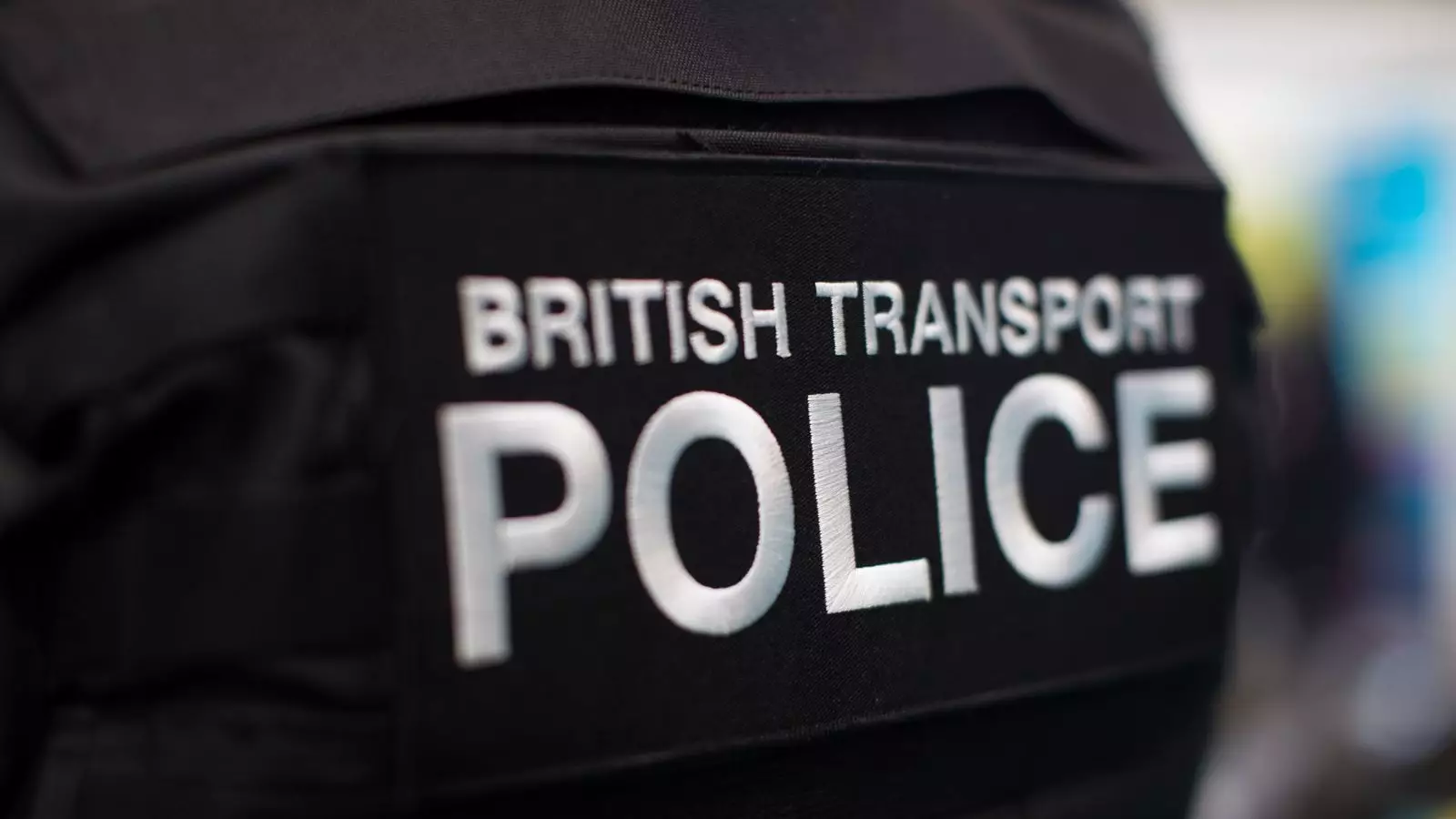In a recent Supreme Court decision, trans women in British Transport Police (BTP) custody will now face strip searches conducted solely by male officers, contradicting prior policies that allowed searches according to a person’s gender recognition. The new policy, deemed an “interim position,” raises alarming questions about respect for individual identity amid legal constraints. While the court’s ruling hinges on the definition of “woman” under the Equality Act 2010 as based on biological sex, it inadvertently reverts society to outdated norms that undermine acceptance and dignity for trans individuals.
The rationale behind the judicial decision reflects a stark view that simplistically pairs sex and gender identity, misrepresenting the complexities inherent to human gender experiences. Though regulations exist to protect individuals, this ruling strips away the progress made in acknowledging and safeguarding the rights of the transgender community. The implication seems clear: in the legal eyes of British law, a person’s biological attributes overshadow their identified gender, laying bare the vulnerability of trans individuals in a supposed progressive society.
Stripping Away Rights: The Risks of Dehumanization
The BTP’s previous guidance, allowing officers with gender recognition certificates (GRC) to perform strip searches in accordance with their identified gender, grew from established practices that recognized the fluidity of gender. However, the transition back to a strict biological framework poses significant risks. An environment where trans women are subjected to searches by male officers not only threatens their dignity but also sparks concerns about potential harassment and abuse in custody situations.
Sex Matters, a campaign focused on these rights, argued that such a policy creates an atmosphere ripe for inhumane treatment. The High Court’s ruling, while highlighting a need for clarity in legal definitions, disregards the need for compassion and protects the most vulnerable in the justice system. Ignoring the psychological and emotional toll this shift will inflict on trans detainees speaks volumes about the depth of misunderstanding still present within some legal frameworks.
Humiliation for All: The Fallout for Trans Officers and Female Officers
The implications of the ruling extend beyond trans women detainees. Trans officers who identify as female may now find themselves under scrutiny and pressure to execute strip searches that contradict their identities, compromising their professional integrity and mental health. Female officers, too, face a troubling reality where they might be coerced into conducting searches on individuals who don’t align with their understanding of gender, introducing a profound moral dilemma in law enforcement.
In this environment, the dignity and safety of all officers are compromised. To what extent are they willing to uphold policies that disregard their ethical beliefs and put them in potentially dangerous situations? The ruling opens a Pandora’s box, placing all parties involved—from trans individuals to law enforcement personnel—in precarious positions devoid of empathy and understanding.
Society’s Role: Navigating Fear and Misinformation
The ramifications of this legal decision echo throughout British society, compelling public bodies to re-evaluate their policies in light of the ruling. Minister Karin Smyth’s remarks about careful reflection are laced with an urgent reminder that swifter, beseeching change must not come from a place of panic or alarmism. Instead, a measured approach—one that values dignity and human rights over rigid definitions—is necessary as society grapples with its next steps.
Baroness Kishwer Falkner of the Equality and Human Rights Commission echoed this sentiment, underscoring the importance of understanding amidst evolving legislative landscapes. Yet one must wonder: how often do these “reflections” translate into real change? In a society that prides itself on progression, the Supreme Court’s ruling serves as a stark reminder of the enduring conflicts between rights and recognition.
It’s crucial for citizens to engage in this discussion. Awareness, advocacy, and active participation in preserving rights—and reimagining the policies that govern them—are essential. As public sentiment wanes and wanes around these issues, it’s imperative we do not let fear define the narrative surrounding trans rights in law enforcement. We can and must strive for a system that acknowledges the dignity of all individuals, irrespective of their biological or gender identity.

